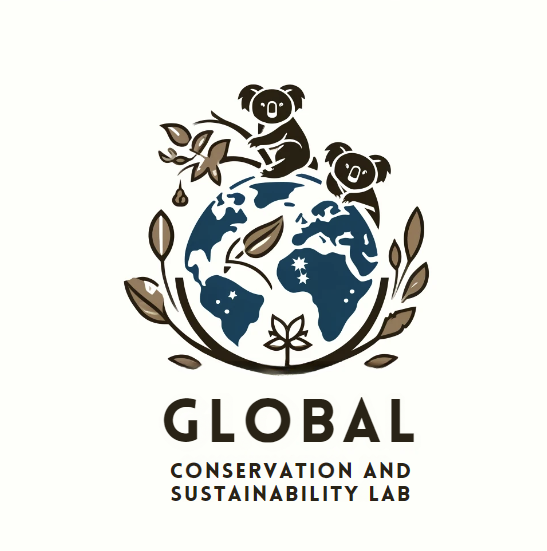Our Team
Led by experts and supported by a dynamic, collaborative team, our lab pioneers innovative solutions in global conservation and sustainability challenges.
Lab Leader

Professor Jonathan Rhodes
(Australian Research Council Future Fellowship)
Global Conservation Planning • Decision analysis• Environmental Policy
Jonathan is an environmental scientist who works on identifying policy and planning solutions to global, regional, and national biodiversity conservation and sustainability challenges. He tackles these problems using spatial mathematical models and decision analysis and draws on his expertise in ecology, mathematics, and economics to integrate across disciplines. Jonathan is particularly interested in research that informs policy to achieve environmental, social, and economic outcomes. His work has made major contributions to our understanding of the effect of landscape change and climate change on biodiversity and ecosystem services and the policy responses required, including protected area planning, incentives for private land conservation, and biodiversity offsets. He has also played a significant role in improving our understanding of the value of monitoring to inform environmental decision making. He currently holds an Australian Research Council Future Fellowship where he is working on the implications of globalisation, through processes such as international trade, on policy solutions for biodiversity and ecosystem services. For more.
Research Fellows
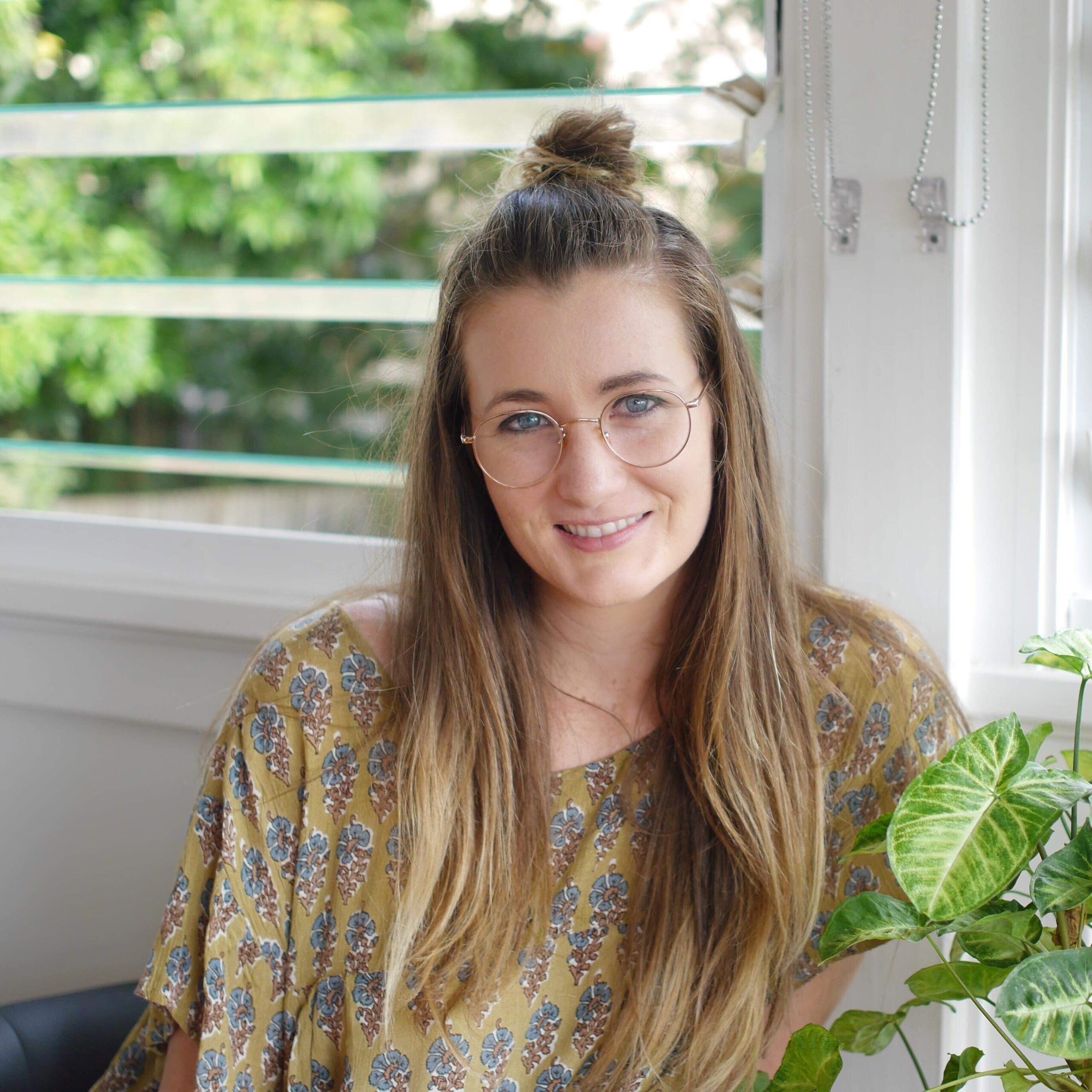
Dr. Brooke Williams
Conservation Ecology • Spatial Planning • Policy Assessment
Brooke is a Research Fellow dedicated to innovative conservation solutions at the environment-human interface at both global and local scales. She tackles these through strategic planning with mathematical optimisation and developing metrics to assess human impacts on biodiversity and ecosystem services. Her current projects focus on enhancing conservation outcomes affected by global trade and private land decisions. For more.

Dr. Ernest Frimpong Asamoah
Conservation Policy • Spatial Prioritisation
Ernest is a Research Fellow with a keen interest in the policy—science—solutions interface of conservation and sustainability discussions at local, national, and transnational scales. He engages in climate and land-use change risk assessments, spatial prioritisation, and management effectiveness evaluations. He is exploring an integrative approach to managing climate, biodiversity, and pollution at the land-sea interface, themed “Source-to-Sea.”

Dr. Valeria Senigaglia
Antarctica • Marine Conservation • Policy Assessment
Valeria is a Research Fellow at the Queensland University of Technology and part of the Securing Antarctica’s Environmental Future program. Formally trained as a behavioural ecologist and marine scientist, Valeria is interested in the relationship between marine conservation and governance to assist decision-makers in sustainably managing socio-ecological systems.
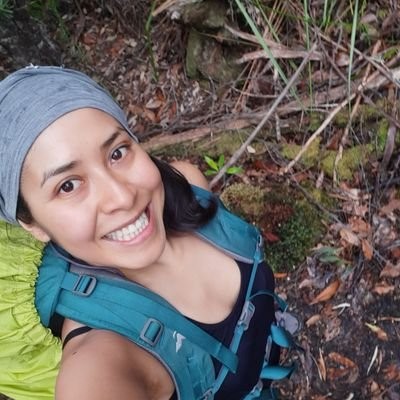
Dr. Jaramar Villarreal-Rosas
Conservation Science • Environmental Justice
Jaramar integrates decision science, ecosystem modelling, and political sciences to design innovative conservation solutions that deliver positive outcomes for people and nature. She engages directly with local and international partners from NGOs, government representatives, academics, local communities, and Indigenous Peoples. Her current project examines how global restoration and protection targets impact local communities, focusing on equity and social outcomes.
PhD students
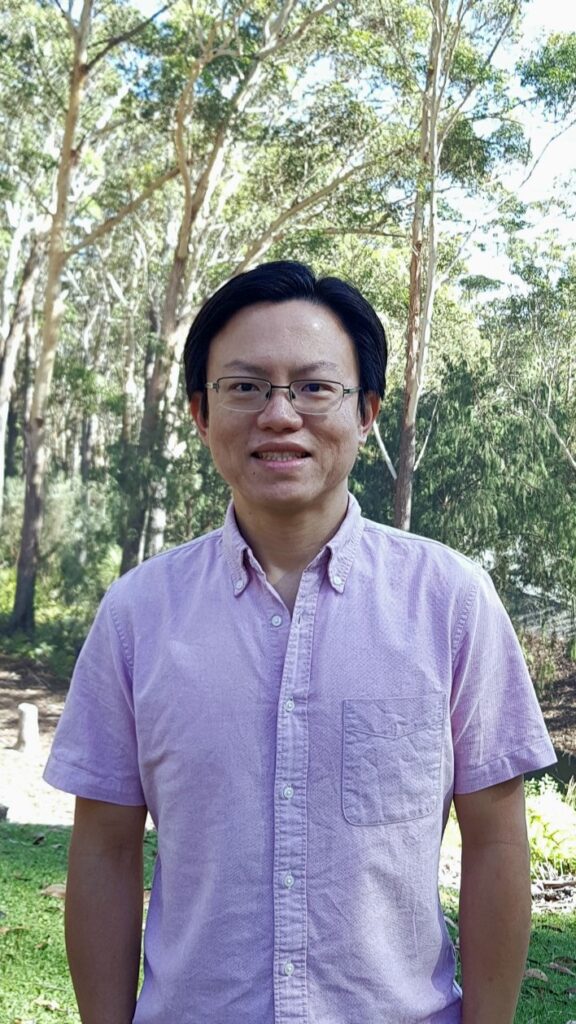
Yi Fei Chung
Conservation Ecology • Policy Assessment
Yi Fei is a PhD candidate at the School of the Environment, University of Queensland. His research evaluates policy settings to enhance climate adaptation in biodiversity offsets and private land conservation. He focuses on reducing anthropogenic impacts on landscapes through informed policy responses for effective conservation in the face of climate change.
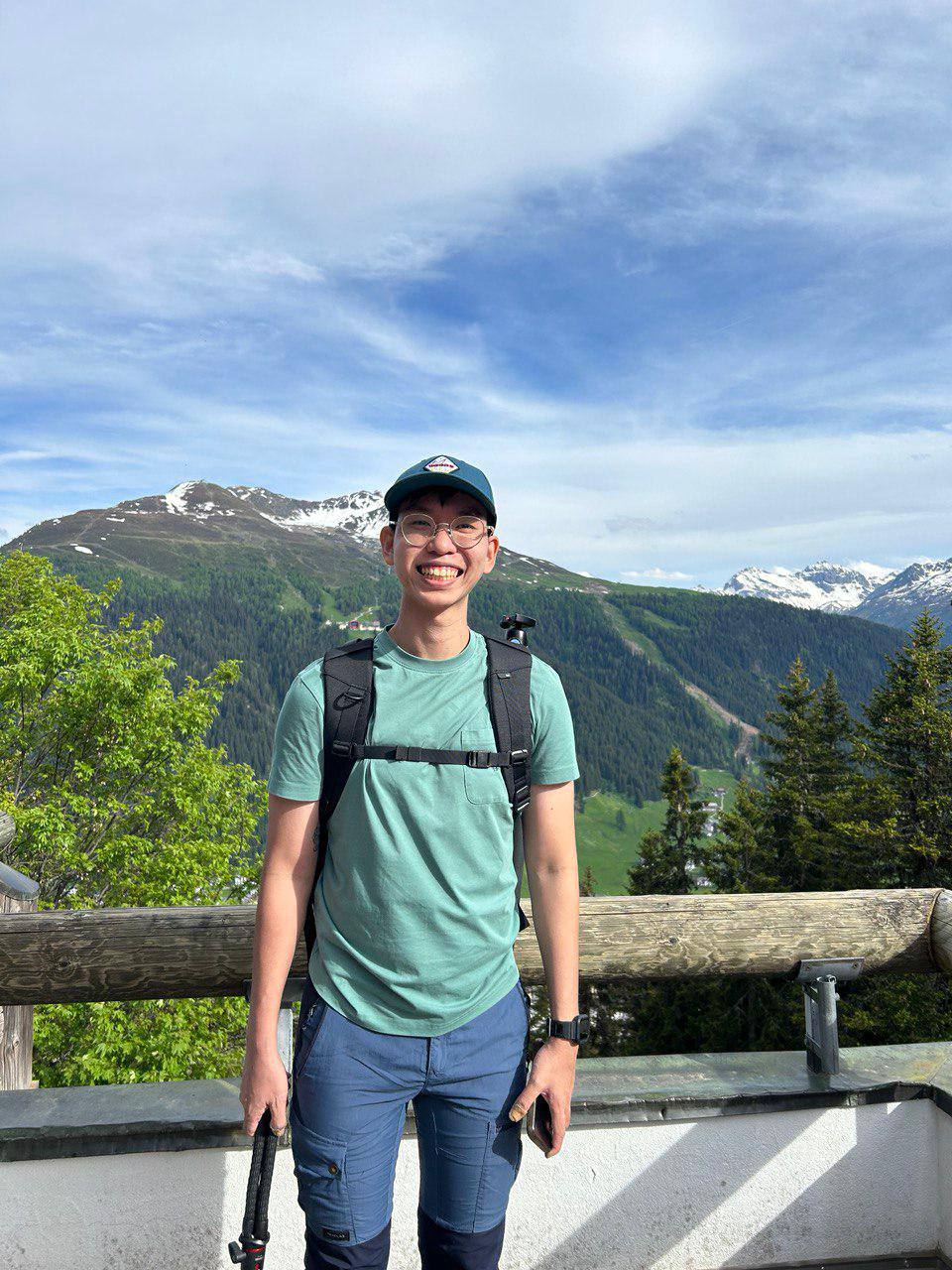
Sean Jing Wen Ng
Protected areas • Conservation policies
Sean is a PhD student at the Queensland University of Technology. His research focuses on evaluating the effectiveness and socio-economic impacts of conservation interventions utilising causal inference and spatial models. His work aims to inform policy decisions by identifying optimal conservation strategies, assessing trade-offs, and improving the allocation of resources to maximise biodiversity and economic benefits on a global scale.
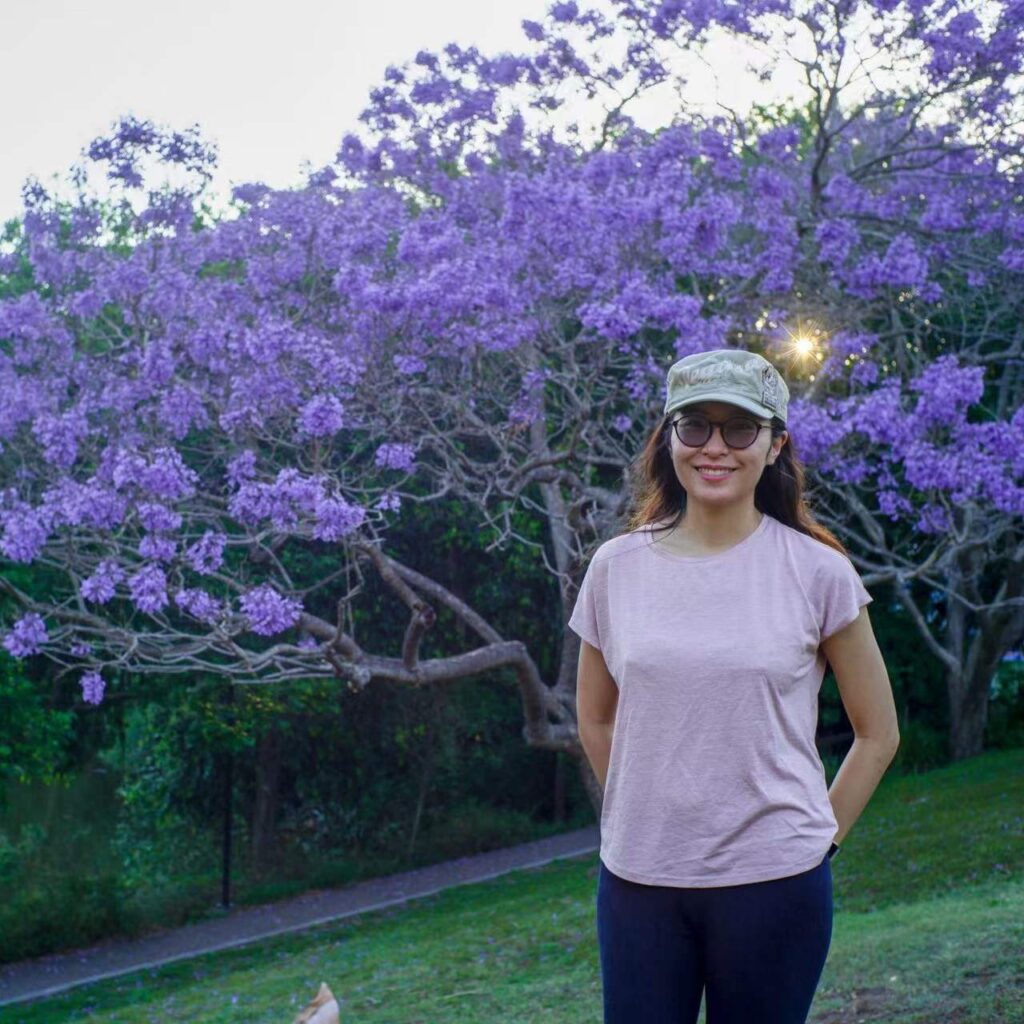
Shu Chen
Communication • Private land conservation
Shu is a PhD candidate at the School of Communication and Arts, University of Queensland. With 14 years of experience in international wildlife NGOs, she focuses on endangered species conservation and human-wildlife coexistence. Her current research investigates strategies to protect koalas by addressing the psychological needs of private landholders, crucial as many koalas reside on their lands. For more.
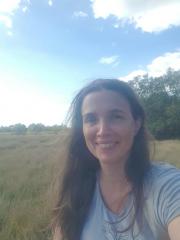
Shantala Brisbane
Conservation Ecology •Mangroves
Shantala is a PhD candidate at the University of Queensland, investigating ecosystem function recovery in restored saltmarshes globally and in Australian subtropical sites. Her project includes field measurements, exploring the underground microbiome’s effects on plant survival and growth, and identifying opportunities and trade-offs in saltmarsh restoration in southeast Queensland. For more.
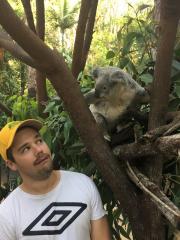
Alex Watkins
Climate Change •Land Use Policy
Alex is a PhD student at the University of Queensland. With a background in Mathematics and Philosophy, Alex now focuses on understanding the global distribution of ecosystem service benefits. His research aims to model how these benefits flow across regions and how they might change under different land use and policy scenarios in our interconnected world. For more.
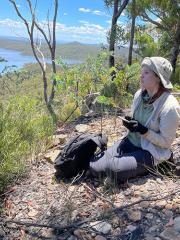
Natalya Maitz
Landscape ecology
Natalya is a PhD candidate at the University of Queensland. Her research focuses on investigating species’ drivers of decline and strategic conservation planning. Specifically, she is working on maximising the role of a priority species at the landscape scale, using the brush-tailed rock wallaby as a model species. Her research includes a landscape camera trap survey to explore how the species has responded to the 2019–20 wildfires throughout southeast Queensland. For more.

Jiaqi Li (Juli)
Conservation Ecology •Wildlife Conservation
Juli is a PhD Juli is a PhD student at the University of Queensland, specialising in tropical forest conservation ecology and geospatial analysis. Her research focuses on natural forest regeneration, assessing its benefits and feasibility, updating forest fragmentation analyses, and guiding restoration efforts to mitigate climate change and enhance biodiversity. For more.
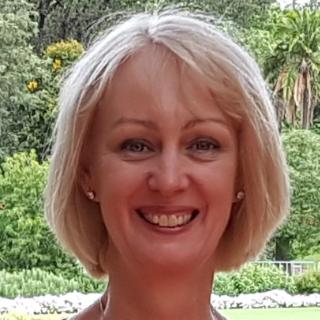
Megan Winsen
Quantitative Spatial Ecology • Biodiversity
Megan is a PhD candidate at Queensland University of Technology’s School of Biology and Environmental Science. She develops wildlife abundance models using remote sensing data to study population dynamics. Her research combines advanced statistical and spatial analyses to enhance environmental monitoring and biodiversity outcomes, aiming to drive innovative technology applications for conservation.
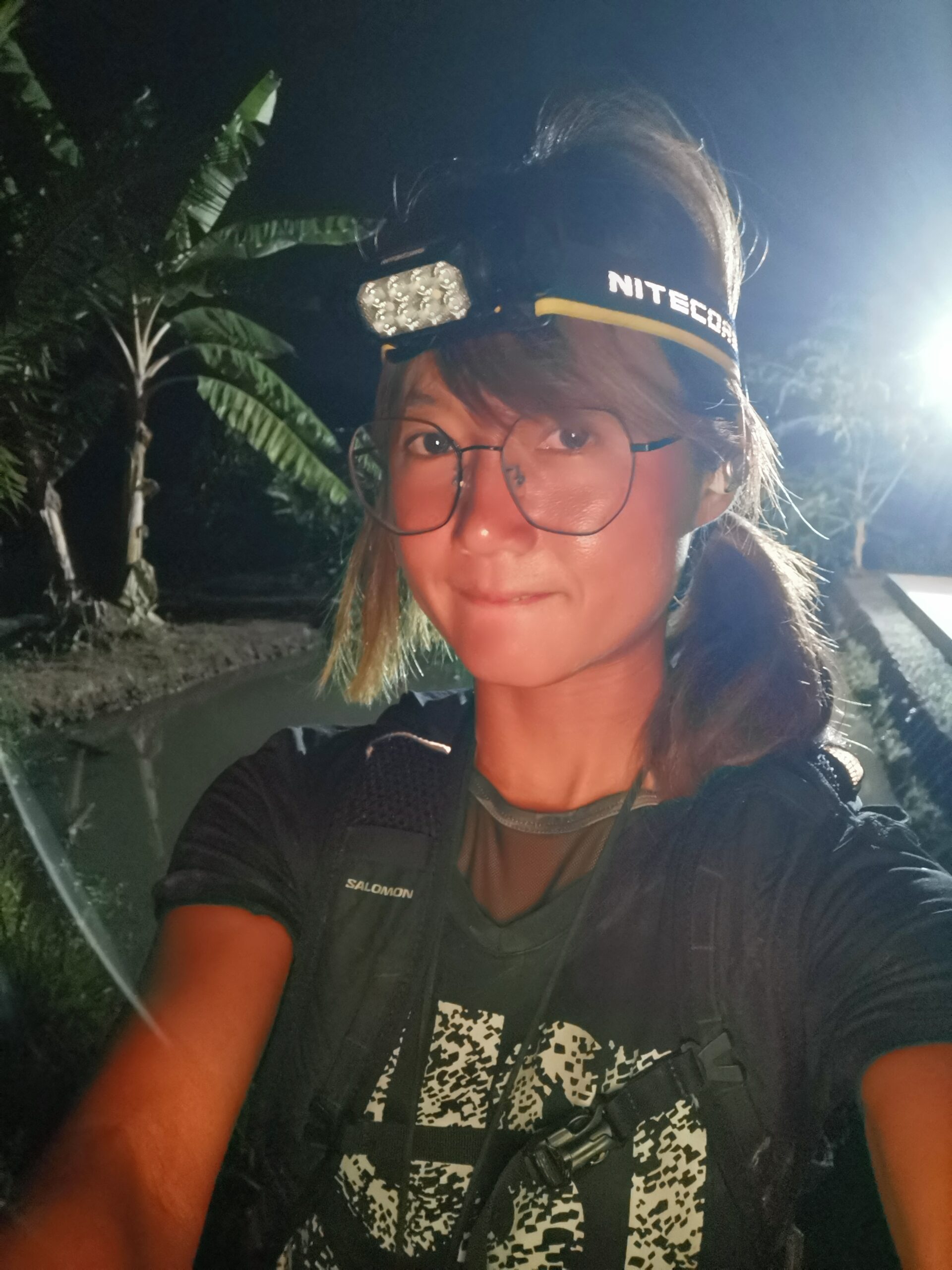
Miyana Yoshino
Environmental Policy • Decision Science
Miyana is a PhD student at the Queensland University of Technology, investigating the impact of agricultural trade on environmental sustainability. She is exploring the potential of integrated models to aid practitioners in making optimal decisions in an interdisciplinary field. She is also keen to incorporate findings from qualitative interviews, utilising her experience in market research.

Yanyun Yan
Conservation Ecology •Wildlife Conservation
Yan is a PhD student at the School of Biology and Environmental Science, Queensland University of Technology. Her research focuses on understanding the complex interactions between humans and nature in the context of sustainable development, climate change and biodiversity conservation. Her current project focuses on balancing human-nature interactions through food sustainability in a connected world.
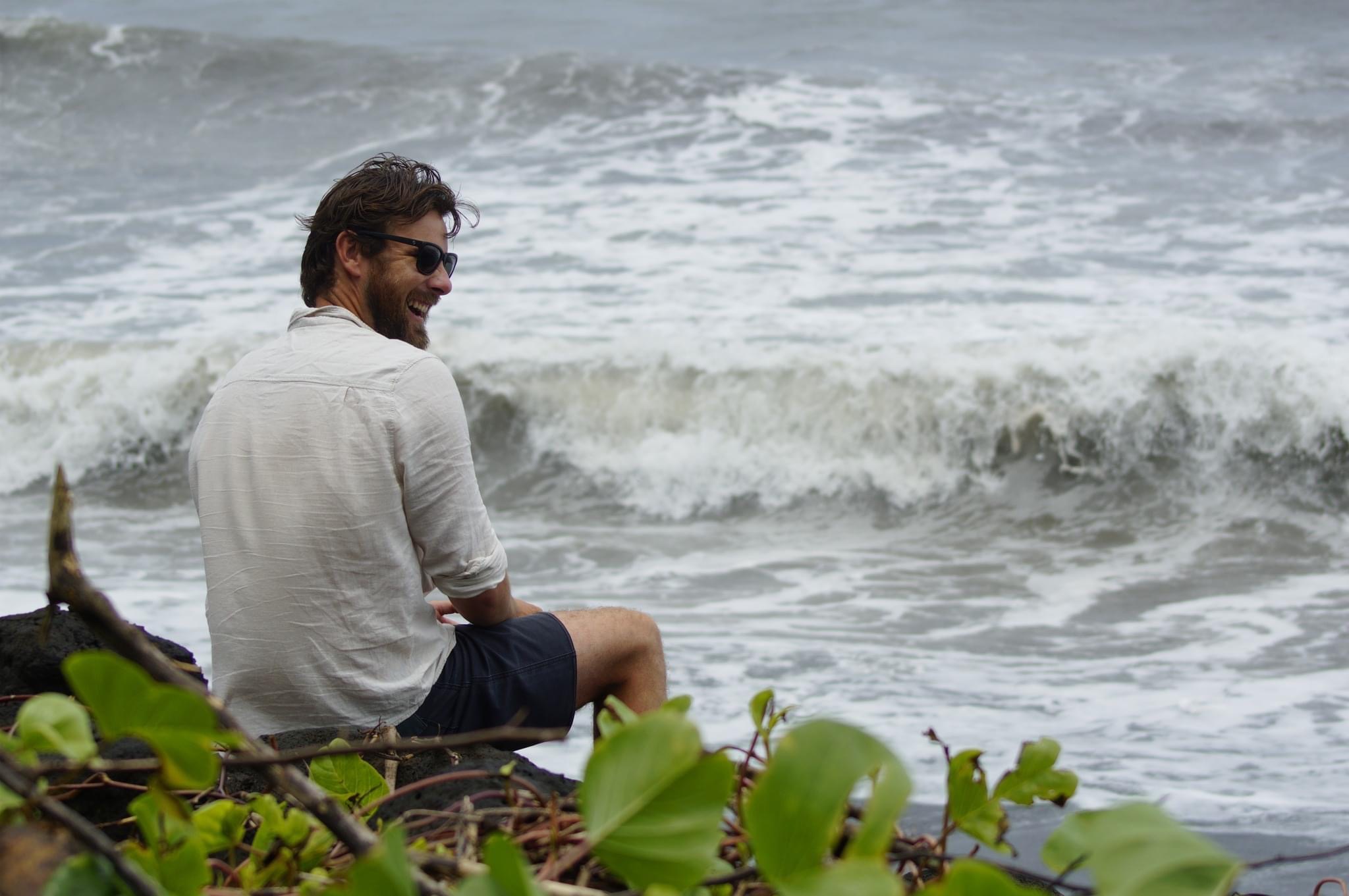
Darren McPhee
Conservation Planning• Animal Movements
Darren is a PhD student at the Queensland University of Technology, investigating the conservation and biodiversity values of the sub-Antarctic region. With a background in aquatic ecology, his research will combine animal movements, structured decision making and ecological theory to assess the effectiveness of current conservation planning for key vertebrate species, identifying gaps and opportunities for conservation.

Tong Li
Mangrove Conservation • Ecosystem Services
Tong is a PhD student at the Queensland University of Technology. Her research investigates the impacts of international trade on mangrove extent, biodiversity, and associated ecosystem services in a changing climate. She focuses on the interconnectedness and consequences of global economic activities on coastal habitats across international boundaries.
Research assistants
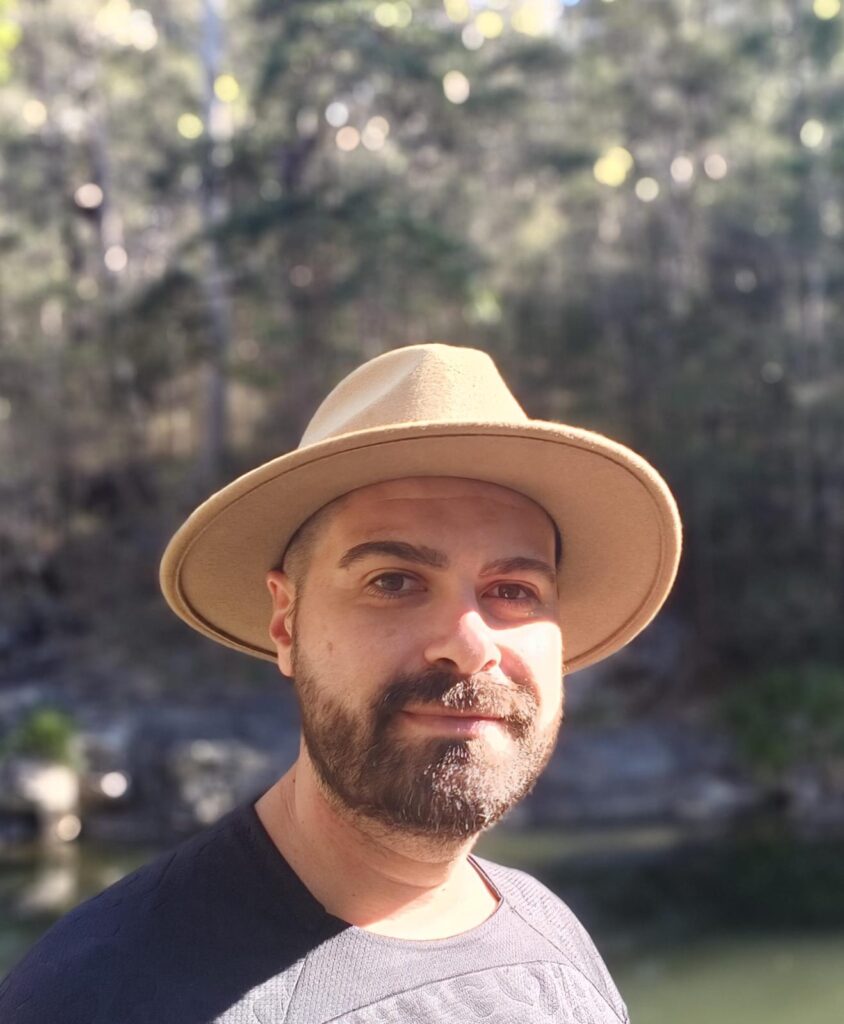
Caio Santos Neto
Spatial Modelling•Wildlife Movement
With a background in environmental policy and hands-on conservation, Caio bridges research and practice, focusing on biodiversity conservation through data-driven approaches. He leverages expertise in ecology, statistical modelling, and geospatial analysis, working on projects from analysing koala population dynamics and movement behaviours to applying predictive models for financial offsets in conservation covenants.
Visiting Scholars

Dr. Si Wu
Land Use Policy • Sustainable Development
Si, an Assistant Professor at the China University of Geosciences (Wuhan), is currently a visiting scholar at Queensland University of Technology. She focuses on land use dynamics and their environmental impacts in relation to socioeconomic development. Her current research addresses global farmland protection policies and strategies to promote food security.
Click here to meet some of our past members.

Dr. Nanda Kaji Budhathoki
Private land conservation
Nanda was a postdoctoral research fellow at the University of Queensland, specialising in environmental economics and climate change adaptation. With a Ph.D. from Charles Darwin University, he worked on the ARC project “Private Land Conservation in a Dynamically Changing and Risky World,” focusing on how climate extremes affect landholder conservation decisions using integrated data modeling. For more.

Dr. Franki Cho
Decision Science • Spatial Planning
Frankie was a Research Fellow who used causal inference methods to identify habitat loss drivers in New South Wales, Australia, to enhance koala conservation policies. His PhD research focused on applying mathematical and decision science techniques to minimise uncertainty in future climate and socioeconomic impacts on private land conservation strategies. For more.

Dr. Nisansala Abeysinghe
Landscape Ecology • Management Assessment
Nisa was a PhD candidate at the School of the Environment, University of Queensland. Her research concentrates on the collaborative management of invasive species, specifically examining the factors that influence the success and outcomes of these projects. She is keen on integrating social-ecological aspects to improve collaborative interventions for environmental management. For more.
